2024 Farmer Grantees
For the 2024 growing season, we are providing financial, technical, and marketing assistance to twelve production farmers breeding their own locally adapted crops across the US, Canada, and India. Learn more about the projects we're supporting below, and follow along with their updates to the community.
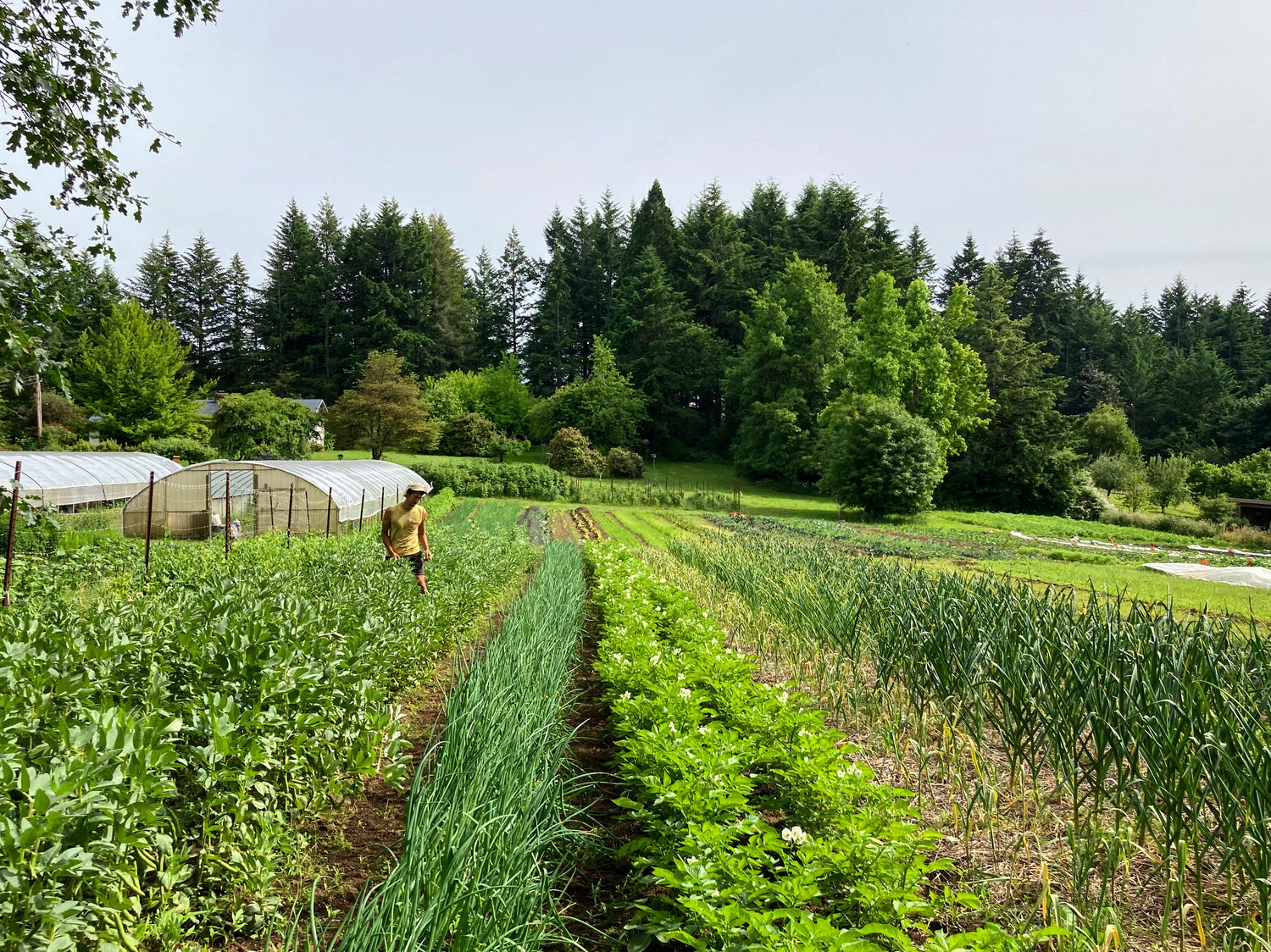
Spencer Suffling
Winter Squash - Cucurbita maxima & Spinach - Spinacia oleracea
Spencer Suffling of Tanager Farm is located in Portland, Oregon, where winters are cold, wet, and cloudy, and summers are sunny, dry, and hot. These climatic conditions make growing difficult, but even worse are the symphylans present in his soil. These combined difficulties make adaptation agriculture models appealing to Spencer. The two crops he will be growing for this project are Cucurbita maxima squash and spinach. In both these crops, Spencer is looking for resistance to symphylan and diseases, improved adaptability to his environment, and superior flavor and yield. For 2024, he will be growing 1600 square feet of squash and 800 square feet of spinach.
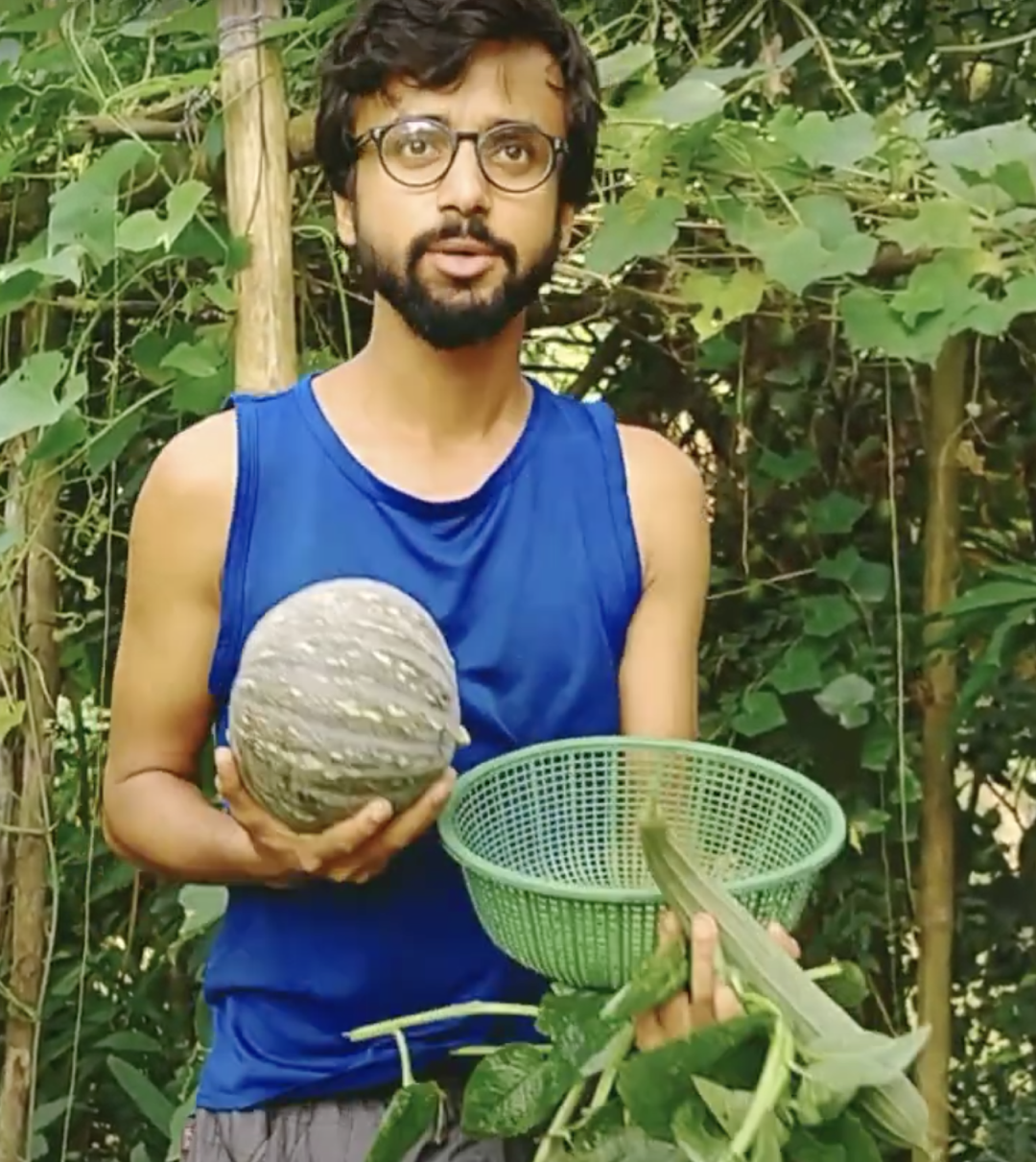
Biman Roy
Winter Squash - Cucurbita moschata & Eggplant - Solanum melongena
Biman Roy of Bon Forest is located in West Bengal, India, where most of the local, ancestral crop varieties have been replaced Green Revolution genetics that are dependent on high inputs. Biman is working with local families to reestablish lost indigenous landraces of eggplant and Cucurbita moschata squash. Part of this project also aims to educate the community in Adaptation Agriculture methods and ecological restoration, both of which are seen as interwoven and integral to the sovereignty of the local community. Since the climate is tropical in West Bengal, there are three main growing seasons – monsoon, summer, and winter – in which the same crops can be grown in each season. For 2024, Biman will be planting 20-30 varieties of eggplant and Cucurbita moschata squash in separate, 2000-square-foot plots. The selection criteria are disease resistance, local adaptation, and excellent taste and productivity. Seeds saved from the first season’s planting will be divided into three mixes, each to be used for a specific growing season. This will allow for adaptation to the particular conditions of each season and provide a year-round harvest.

Clint Freund
Sprouting Broccoli - Brassica oleracea
Clint Freund of Cultivating the Commons, LLC, located in Amery, Wisconsin, is developing a sprouting broccoli landrace. Clint has been farming organically for over 13 years and is a seed grower for Experimental Farm Network, Seed Savers Exchange, Baker Creek Heirlooms, and owns his own online seed store. Clint has extensive experience growing cole crops for seed and is working to improve resistance to black rot and common crown diseases. His goal is to create a diverse landrace of sprouting broccoli that is robust, disease resistant, productive, and offers a long harvest period.
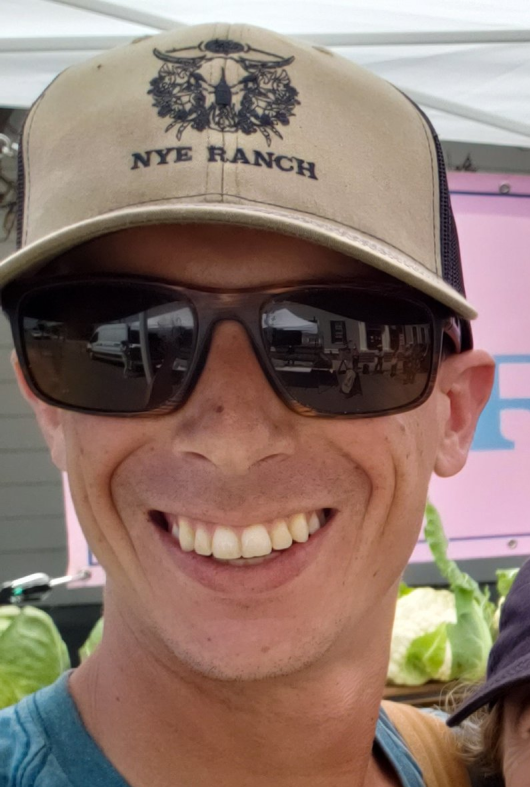
Blair Bellis and Shea Burns
Sweet Corn - Zea mays
Blair Bellis and Shea Burns of Nye Ranch Farm in Fort Bragg, California, will be adapting sweet corn to their cold, wet, coastal climate. Growing sweet corn is unheard of in their location, and many local farmers are incredulous that corn can be grown at all along the coastline. This project will help provide food security to their community which has limited access to local fruits and hot-weather vegetables.
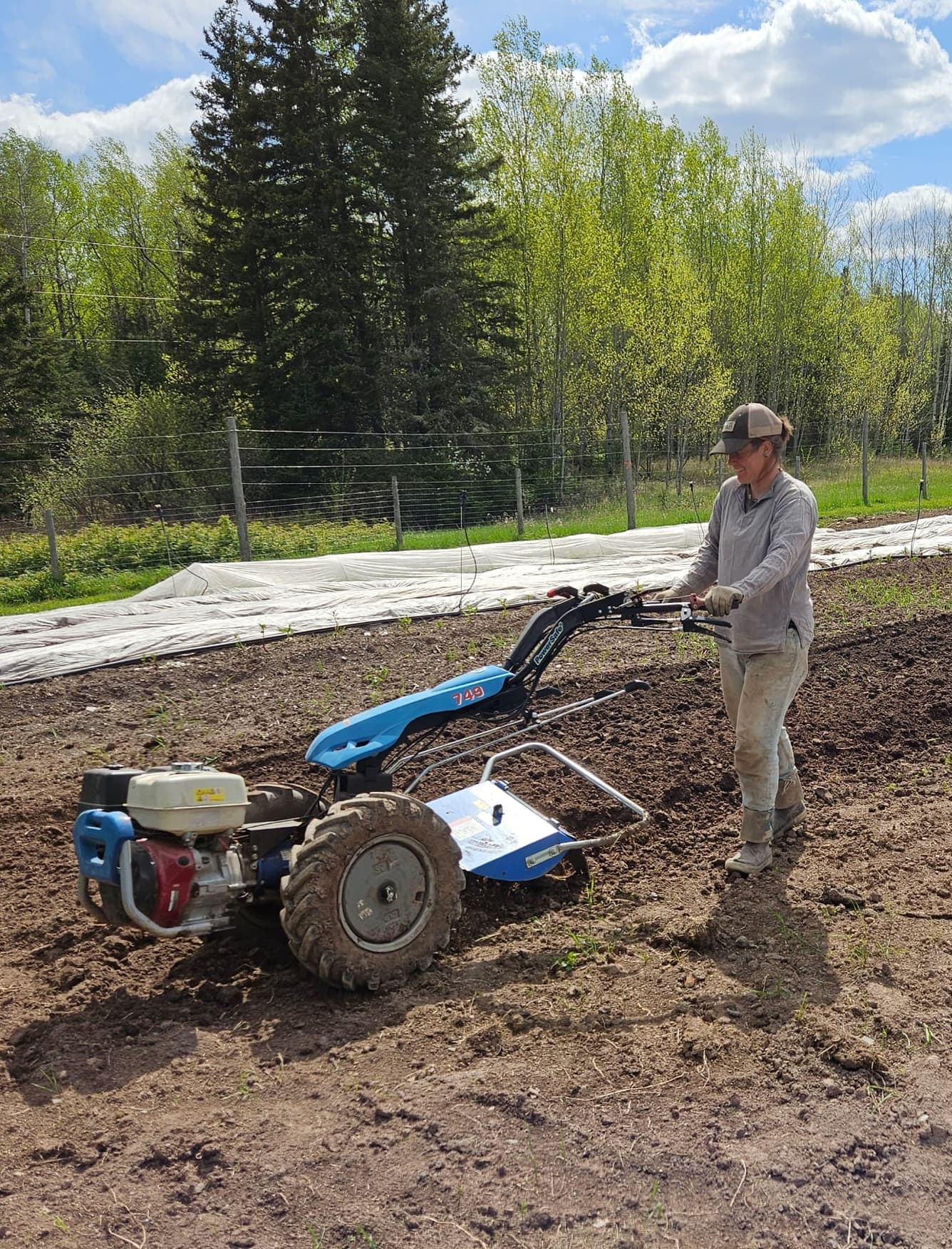
Evalisa McIllfaterick
Winter Squash
Evalisa McIllfaterick of Root Cellar Gardens in Ontario, Canada, will be adapting winter squash to be more resilient to disease and mature in her short season. Evalisa is dedicated to breeding warm-weather crops for northern, short-season, conditions in her region. For the past few years, she has been working on a collaborative watermelon breeding project which is the subject of her master’s thesis. For 2024, she aims to grow out 1/8th of an acre of squash using three varieties that are important to the local community and one diverse mix of short-season varieties from Going to Seed’s seed program. She will allow these varieties to cross and evaluate for disease resistance, long storage, and taste.
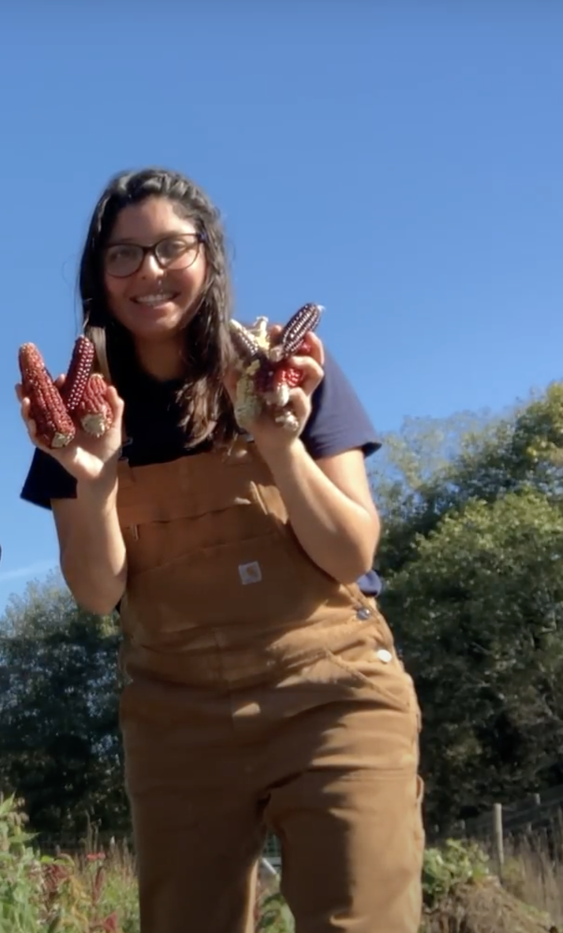
Camila Guerrero
Flint corn - Zea mays
Camila grows with Earthlings Veganic Farm, located in Mendocino, California. She is working to create locally adapted polenta corn which can thrive in her cool climate and low-input methods. Having seeds aligned with their growing styles is important in producing healthier and more robust plants with less.
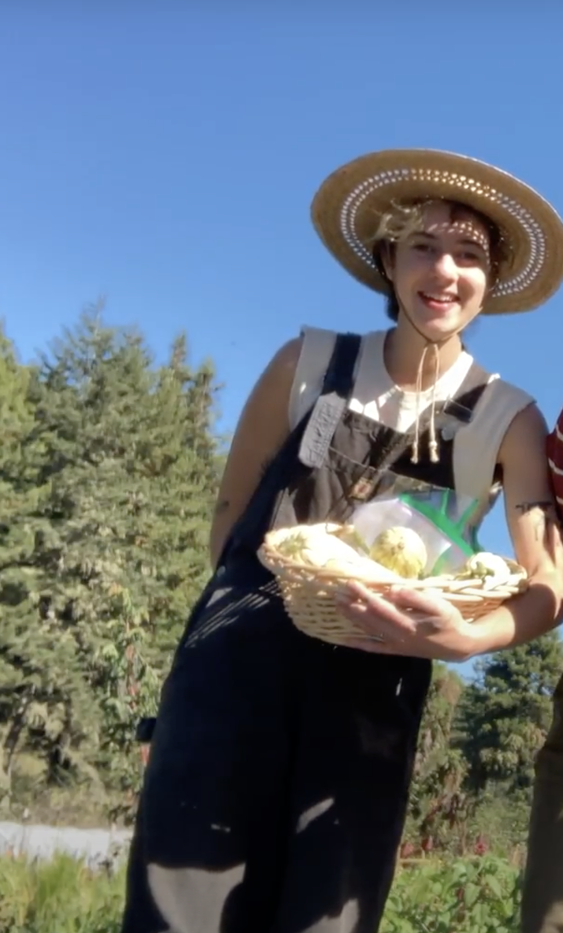
Katie Alibrio
Hulless pumpkin - Cucurbita pepo
Katie grows with Earthlings Veganic Farm, located in Mendocino, California. She chose hulless pumpkins (whose seeds are the edible product) because the high-fat, high-protein seeds are particularly suitable for a vegan diet, and it can be difficult to grow crops with high levels of fat in her coastal climate. In addition to selecting for cold-hardiness, we are also selecting for a no-till, low input system.
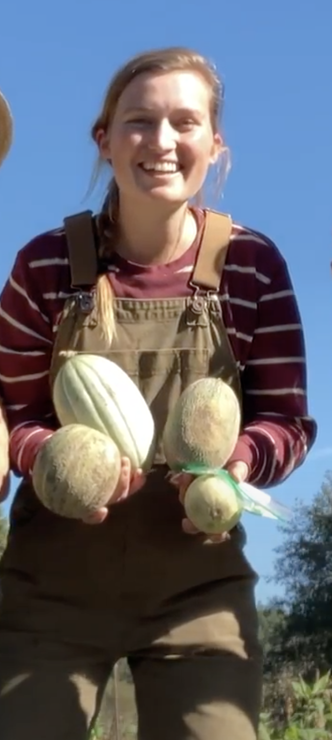
Sydney Grange
Melon - Cucumis melo
Sydney grows with Earthlings Veganic Farm, located in Mendocino, California. She chose to focus on melons because her cooler climate can be limiting for the types of produce people can access locally, especially for fruits. Diversity of foods is something she is excited about offering to the community, and high value crops such as melons, would be a benefit to many farm businesses.
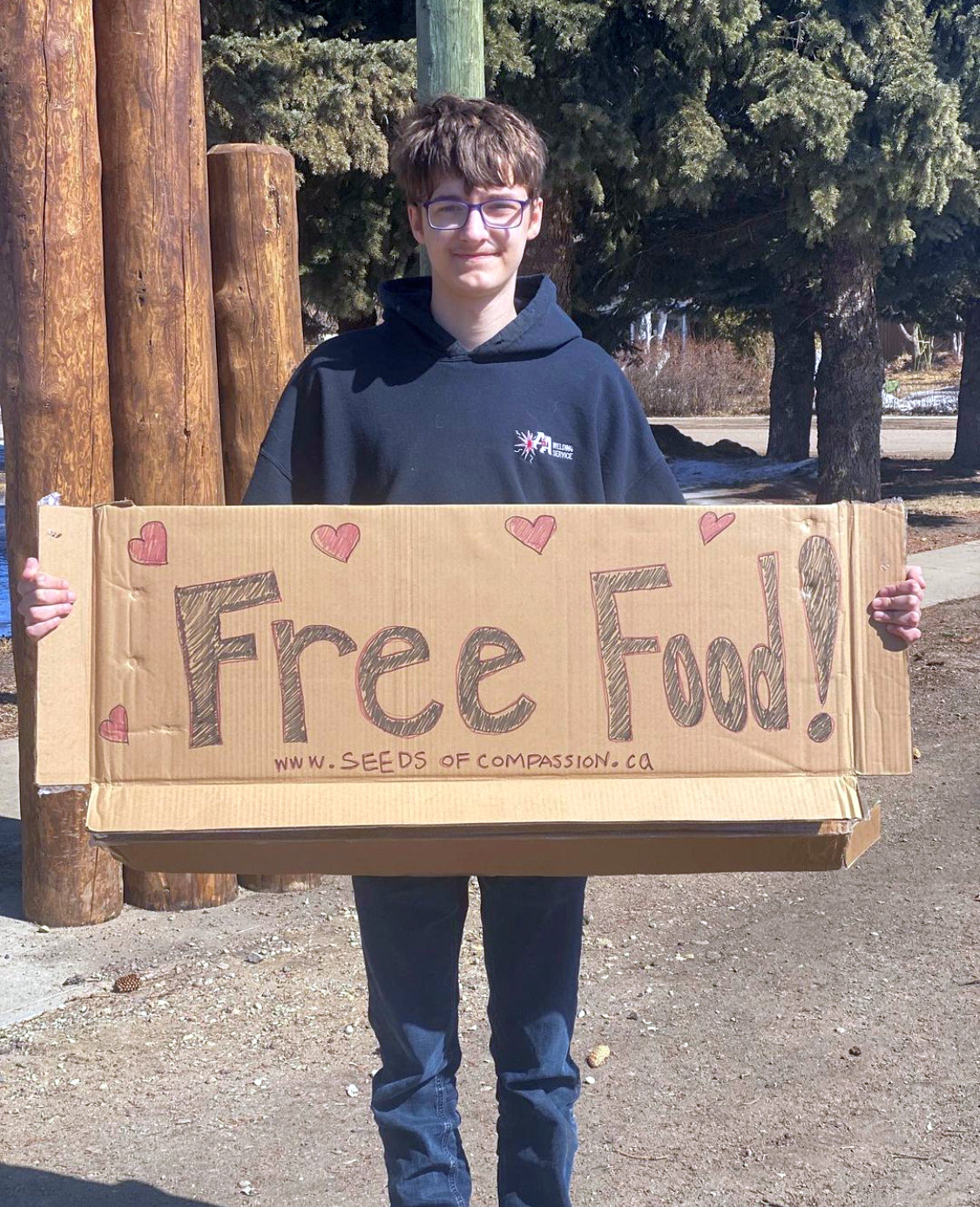
Sarah & Ryan Trew
Winter Squash
Ryan and Sarah Trew of Seeds of Compassion in Central Alberta, Canada, will adapt winter squash to their short season of less than 100 days and with unpredictable rains. While there are a few varieties of winter squash that will perform in their short growing season, they want to create more culinary options and diversity in the crop so that it can be delicious and better adapted to their conditions. Seeds of Compassion is a nonprofit organization, and vegetables and seedlings are donated to local families who are struggling to put food on their tables due to poverty and health issues. For 2024, half of the squash will be grown in a “three sisters” format to determine whether the squash performs better alone or interspersed with companion plants.
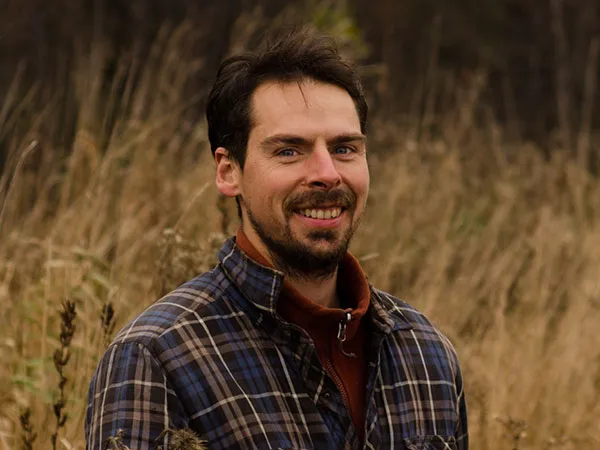
Roby Gobeil
Okra - Abelmoschus esculentus
Roby Gobeil of Le Jardin des vie-la-joie is an artisanal seed grower located in Quebec, Canada. He works to improve diversity and adaptation to Canada’s short seasons for a variety of crops, including many warm-weather-loving crops such as eggplant, upland rice, and peppers. For this project, he is adapting okra to his conditions without the use of seasonal extenders. This is an exciting crop to trial for Roby because it will test the extremes of okra’s adaptability and influence local cuisine in his region. For 2024, Roby is planting 300 square feet using diverse seeds sourced from Canada and the US. His first-year goals are to do manual pollination and find plants that mature in his season and can grow in low fertility.
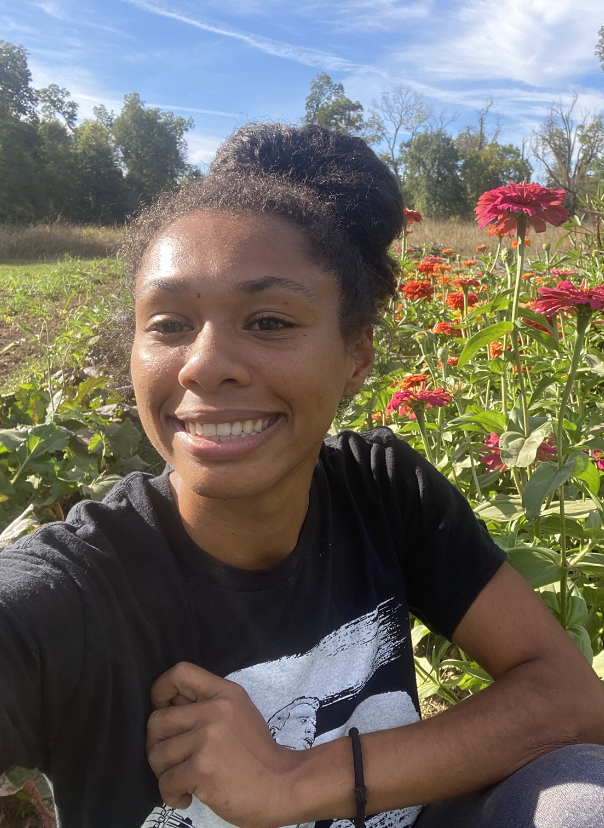
Iriel Edwards
Mustard - Brassica juncea
Iriel Edwards of The Dancing Radicle Farm is located in Boyce, Louisiana. Iriel is working to create a mustard landrace that is resistant to yellow-margined beetles and will be pooling many varieties to create a resilient, bolting-resistant landrace. Mustard greens are a culturally and economically relevant crop in the Deep South and one of the most frequently requested vegetables at farmers markets. For 2024, she will be planting 1/8th of an acre in mustards and evaluating insect resistance, leaf size, and flavor.

Dominique Pearson
Upland red rice - Oryza sp.
Dominique Pearson of Coyote Gourd Farms is located in Los Angeles, California. Dominique is working to create a diverse population of upland red rice. She will be selecting for a population that can thrive in low fertility with minimal water, is disease-resistant, and matures early. Red rice was a crop traditionally grown and eaten by the Black community in the South, and Dominique aims to restore this tradition in today’s California. For 2024, Dominique will be planting around 400 square feet of rice using clump methods and performing manual pollination to achieve greater rates of cross-pollination.
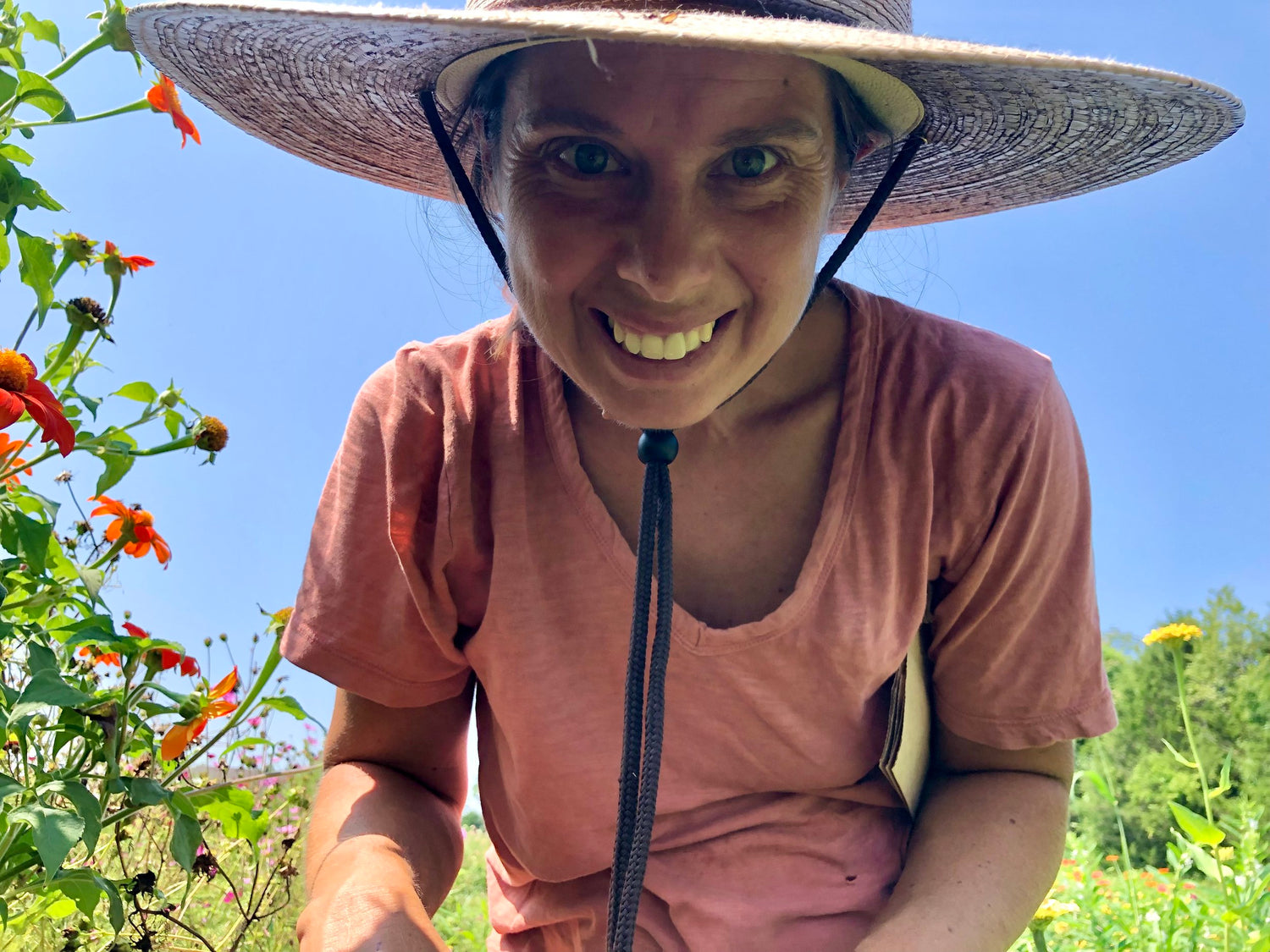
Megan Allen and Eduardo Lazaro
Cucumber - Cucumis sativus
Megan Allen and Eduardo Lazaro of Care of the Earth Community Farm are based in Corryton, Tennessee. They have been working on adapting crops to their hot, humid summers where commercial seeds often fail. For this program, they will be working on creating a cucumber population that is heat-adapted and resistant to downy mildew, alternaria leaf-blight, and the many insect pests present in their climate. Because of intense insect and disease pressure, the great majority of farmers in the area are using a significant amount of chemicals to produce food. Care of the Earth Community Farm is the only organic farm left in its county. For 2024, they will be growing 2000 square feet of cucumbers using seeds sourced from several available grexes and from Going to Seed’s seed program.
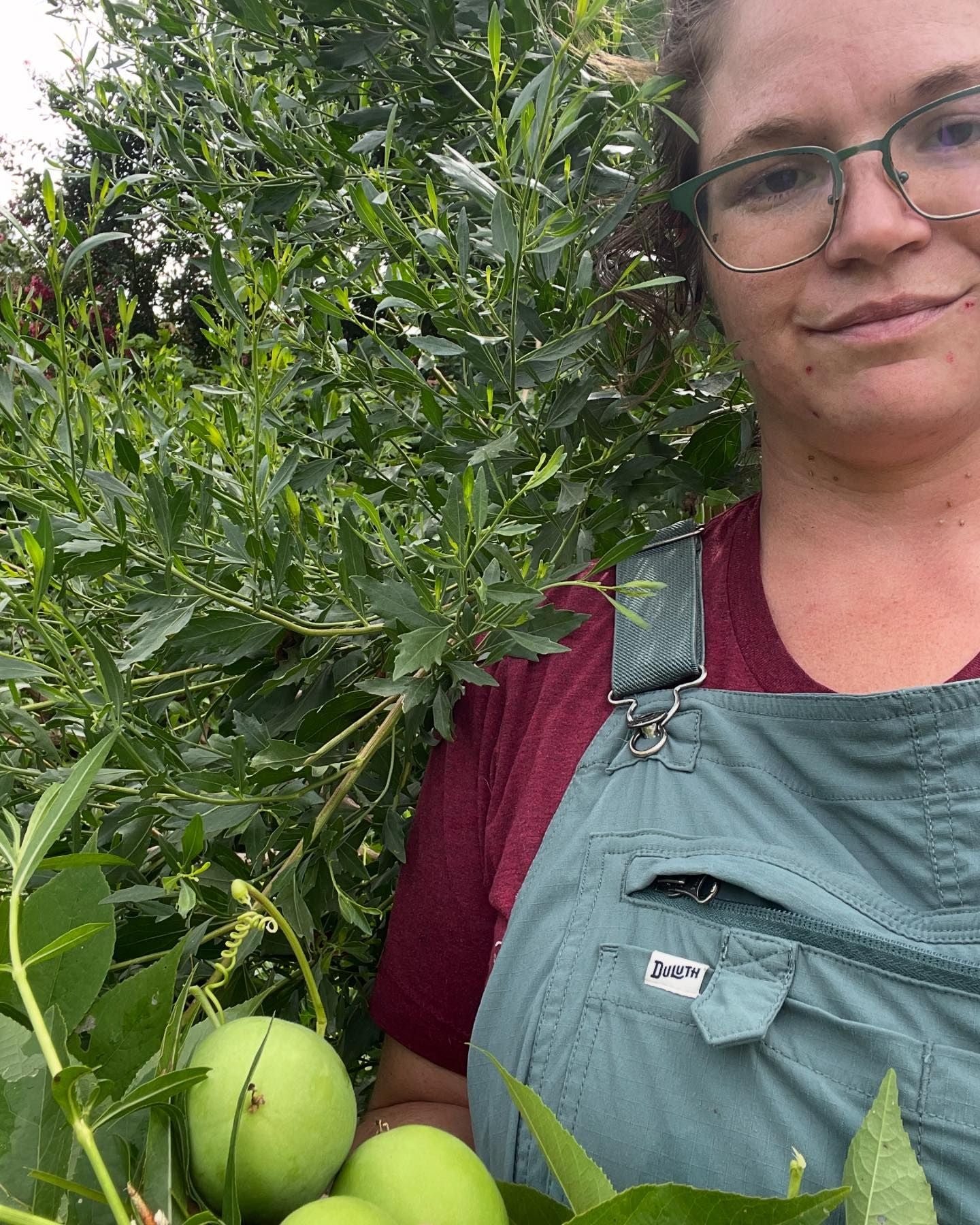
Lilli Voorhies
Turnip - Brassica rapa subsp. rapa
Lilli Voorhies of Bumble Prairie Growing in Lafayette, Louisiana, is adapting turnips to Louisiana's erratic weather patterns and high pest pressure. Turnips are a traditional food in Louisiana, and Lilli aims to restore localized food and seed supply to her area, where subsistence farms are rapidly disappearing. She will grow 20 or more varieties on about 1/8 of an acre.
